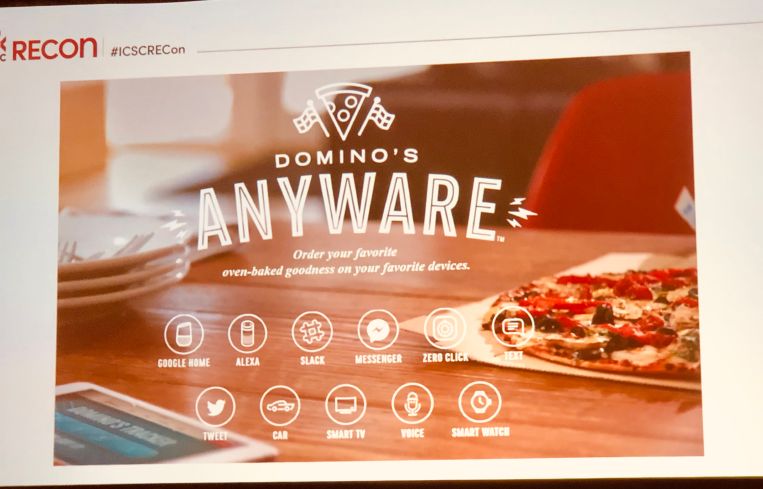ICSC RECon: Why Experiential Retail Is Worth Caring About
By Alison Stateman May 20, 2019 2:46 am
reprints
The term “experiential retail” may be fast becoming an overused slice of business jargon but, according to Danaria Farris McCoy, divisions operations director for Newmark Merrill Mountain States, it’s also key for the retail industry moving forward.
“Not only is it exciting and fun, but it’s what’s going to take our industry to the next level and carry us through anything that comes out of the online shopping,” she said during an opening day panel on the concept at ICSC RECon today.
So what exactly is experiential retail? Or, rather, what are examples of what models actually work?
“There are a million ways to define it,” McCoy said. It can be something as elaborate as The Museum of Ice Cream pop-up to adding interesting, temporary visual elements to a property, like what The Gateway in Salt Lake City has done.
“They painted their dumpsters light pink. Maybe not that big of a deal, maybe not bringing in a ton of revenue, but when it comes to just visiting the place, regardless of what the shops are, that makes your experience more interesting,” she said. “The center also has a six week rotating art program on their crosswalks and there are also little artistic surprises throughout on the sign posts.”
The word “experimental” might not immediately come to mind with Domino’s Pizza, but McCoy said they have become a leader in experiential retail by creating frictionless ways for customers to order their products and engage with them. These include ordering by app and even being able to just text a pizza emoji once customers set up an account.
Key to all retail is creating good customer experiences. The penalty for faltering even once is steep. According to a recent PricewaterhouseCoopers study, McCoy cited, after one bad experience, 20 percent of U.S. consumers will stop interacting with a brand. And after several bad experiences that number jumps to almost 60 percent.
“When we are talking about experiential retail, virtually everybody who is left, anybody that is serving their customer in a trade area that is doing well, is likely providing good experiences,” she said.



